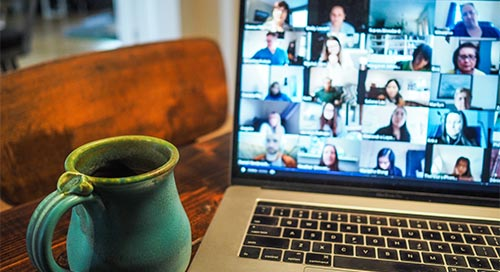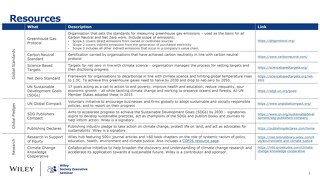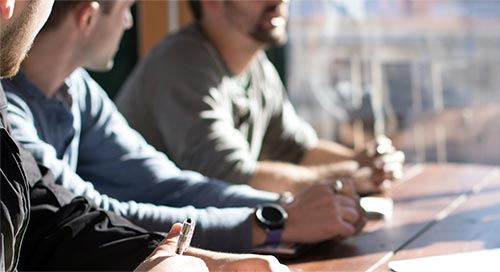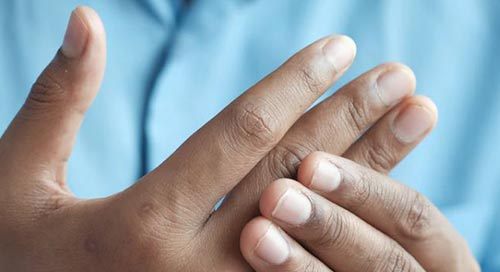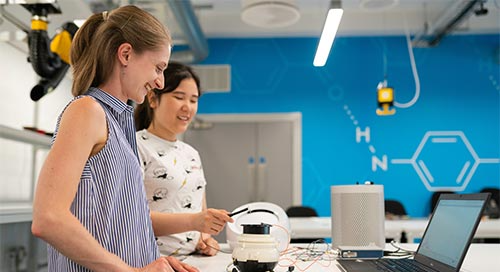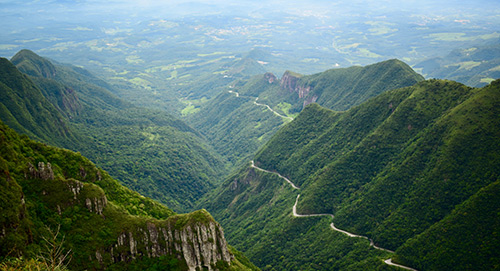how-international-is-your-journal-opportunities-for-learned-societies-with-authoraid
October 07, 2020
There is a geographical unevenness to ”international” journals. Many have editorial boards and administrative support based mostly in high-income, western countries. Many are also attached to learned societies and professional bodies in these same countries, including those published by the Royal Geographical Society (with IBG) [RGS-IBG]. Yet the pressure to publish in these “top’” publications is felt globally because of their links to academic kudos and career progression. As custodians of these journals, publishers and learned societies have a responsibility to encourage and enable scholars from all over the world to publish in their journals.
This is not just a moral imperative. As one of the RGS-IBG journal editors, Patricia Noxolo, recently put it: failing to do so will mean journals become less relevant. Part of this is a numbers game. By encouraging submissions from a larger pool of authors, journals will get more high-quality submissions, increasing their impact factors, readership, sales, and other metrics in turn. But it is also about voices. It is well recognized that increasing diversity of authors increases the rigour and quality of the papers, therefore enriching not only the journal, but also the discipline it represents. This is a key element of any learned society’s work.
Although there are many ways to achieve this goal, the RGS-IBG recently worked successfully with the organization AuthorAid to better understand the needs of our global community and to expand where we reach authors around the world.
The Collaboration: Writing Workshops
The RGS-IBG has been involved with AuthorAid’s writing workshops for a few years, specifically the Research Writing for Social Scientists MOOC course. My predecessor as Managing Editor, Dr. Fiona Nash, was part of the team that designed and tested the content and also facilitated the course in 2019. For the course this year (April-May), I also acted as a facilitator, but the Society also sponsored a section of the course, using our ring-fenced “journal innovation funds.” This funding went towards the course costs, but sponsorship also meant that a group of geographers from low- and middle-income countries were given access to additional resources. Other sponsors for the course this year included the UNICEF South Asia Office, and Somalia Gender Hub.
The course had around 3,000 participants from over 50 countries in total. It consisted of six weeks of structured work plans to be completed asynchronously. Modules included: literature reviews, ethics of research and writing, research methodologies, and how to write a research paper. Each module included tests and a written reflective piece. Participants were also encouraged to post questions and reflections to the public discussion groups, where facilitators and other members of the course could contribute answers and advice - an element of the course that I personally found very enjoyable and rewarding.
Following this initial six weeks, sponsored participants then gained access to a further four weeks of modules, including “Advanced academic Writing Skills” and “Influencing Policy with your Research.” Alongside this, the Sponsored section of the course involved a “writing clinic” where participants could submit work to be commented on by an expert in academic writing, and further advice on where their planned papers might be submitted.
What Did We Learn?
The RGS-IBG selected a group of 100 geographers from 16 countries to take part in the additional modules. On reflection this group proved to be slightly too large, and–partly because of COVID-19–engagement rates were not as high as we would have hoped. However, those who did engage were extremely positive about the additional support offered, with one stating that the “influencing policy part was very useful, especially for researchers in third world countries.” Another commented that they “found the materials on perspectives and bias important” and useful.
In future, we would look to be more selective in choosing our participants and create a smaller group with a clearer common purpose. This might be regionally based: authors from, say, the Caribbean or East Africa specifically. Or, it might be subject based: authors who work on urban geographies, sustainable development, or environmental modelling, for example.
What Were the Benefits?
The RGS-IBG’s engagements with AuthorAid have provided some clear benefits, both for the authors on the course and for the Society itself:
1. Engaging with Author Aid allowed us to further the objectives of the Society and of our journals to “advance geographical sciences” and engage with international authors, respectively. Although it’s hard to quantify and we won’t know of the papers that are submitted to other journals, we have already had one submission from a participant on the course and I would expect more to follow.
2. Engaging with AuthorAid helped us to better understand the needs, expectations, and specific issues faced by scholars in low- and middle-income countries. This includes the kinds of publications that these scholars wish to produce and which are valued by their institutions and governments (empirical, rather than theoretical, work is often more highly valued for instance), which will allow us to offer editorial advice suited to the context within which authors are seeking to publish. For example, many authors don’t have access to the technology needed to conduct specific analyses or create visualizations for their work, or funds to pay for open access, amongst other challenges. These are lessons that the RGS-IBG will act on by producing new guidance and resources, as well as seeking to work with AuthorAid further to address some of these gaps through modules offered by the course.
Overall, the RGS-IBG’s engagement with AuthorAid has proven a positive experience, allowing us to advance our journals’ ambitions to represent a truly global scholarship, with outcomes that will hopefully benefit geography and the whole geographer community. For learned societies with journals seeking similar global representation, it is definitely something that I would recommend engaging with.
How are you engaging with your international community? Tell us more in the comments.


